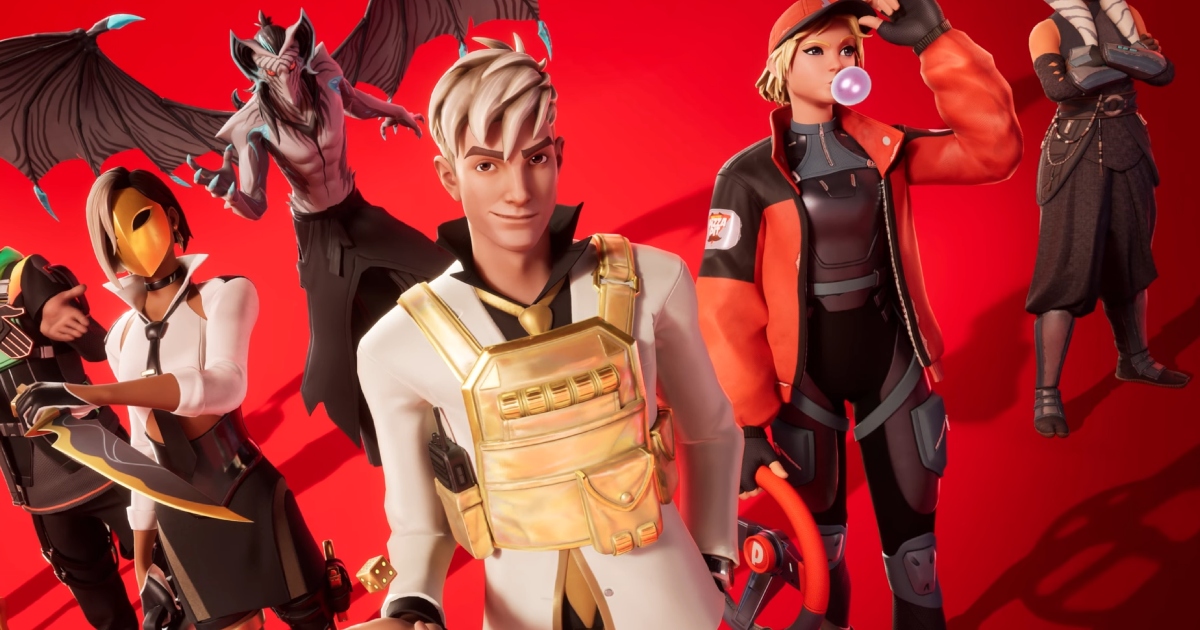Epic Games is another game company conducting layoffs this year. The Fortnite and Unreal maker has explained the reasons for cutting around 16% of its employees.

What happened?
On September 28, Jason Schreier broke the news on Bloomberg, saying that the job cuts will affect 16% of Epic Games staff. The company also reportedly disabled Slack for employees before announcing its decision.
Epic later confirmed the layoffs by publishing an email that CEO Tim Sweeney sent this morning. “Saying goodbye to people who have helped build Epic is a terrible experience for all,” he wrote.
A total of 830 people will be laid off, about two-thirds of whom are in teams outside of core development. All of them will be provided with six months’ severance pay and health insurance.
As part of the move, the company will get rid of some of its assets:
- Bandcamp, a music distribution platform it acquired last year, will be divested and sold it to music marketplace Songtradr;
- SuperAwesome’s advertising business will now become an independent business, but its parent verification tool Kids Web Services will remain part of Epic.
250 of the 830 employees affected by the layoffs will leave Epic Games as a result of these divestitures.
The company has no plans for more job cuts, saying these changes were made to “financially stabilize the business.” It will also continue to hire for critical roles.
Rationale behind the job cuts
- In a letter to employees, Sweeney noted that Epic Games has been spending way more money than it earns for a while now.
- Those investments were made to prepare the company for its “next evolution” and turn Fortnite into a metaverse-style ecosystem for creators. Although Fortnite has started growing again, the growth is driven primarily by UGC content through the Fortnite Creator program.
- The main issue is that Epic shares 40% of revenue with those players who make and sell their content within the game, resulting in lower margins.
- The focus on UGC content forced Epic Games to make major structural changes to its economics. It has tried to reduce costs by freezing hiring and cutting operating spend on marketing and events. But, as Sweeney pointed out, “we still ended up far short of financial sustainability.”
- “I had long been optimistic that we could power through this transition without layoffs, but in retrospect I see that this was unrealistic,” Sweeney wrote, adding that “we concluded that layoffs are the only way, and that doing them now and on this scale will stabilize our finances.”
What do the layoffs mean for the future of Epic Games?
- “We’re cutting costs without breaking development or our core lines of businesses so we can continue to focus on our ambitious plans,” Sweeney noted. “Some of our products and initiatives will land on schedule, and some may not ship when planned because they are under-resourced for the time being.”
- The Epic Games boss added that the company is OK with possible delays if they ultimately help it achieve its goals of becoming a “leading metaverse company.”
- Epic plans to continue to invest in all aspects of Fortnite, including first-party development and the UGC economy, and support games like Rocket League and Fall Guys.
Update: Shortly after the news, several reports claimed that Mediatonic, a studio behind Fall Guys, might be completely shut down. However, Epic Games denied the studio’s closure, referring to Sweeney’s letter and plans to further invest in games (including Fall Guys).
- The layoffs will also not affect other core products: Unreal Engine, Epic Games Store, Epic Online Services, MetaHuman, ArtStation, Twin Motion, Quixel Mega Scans, Capturing Reality, Sketchfab, and Fab.
